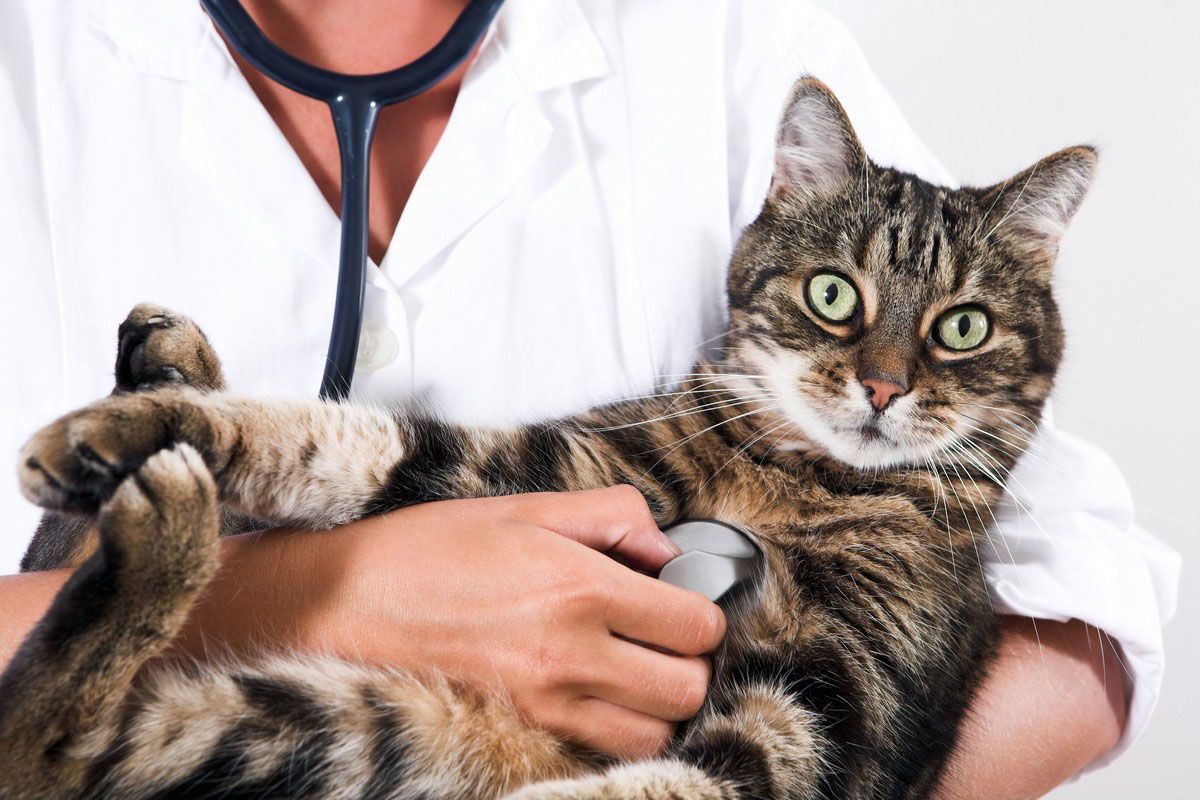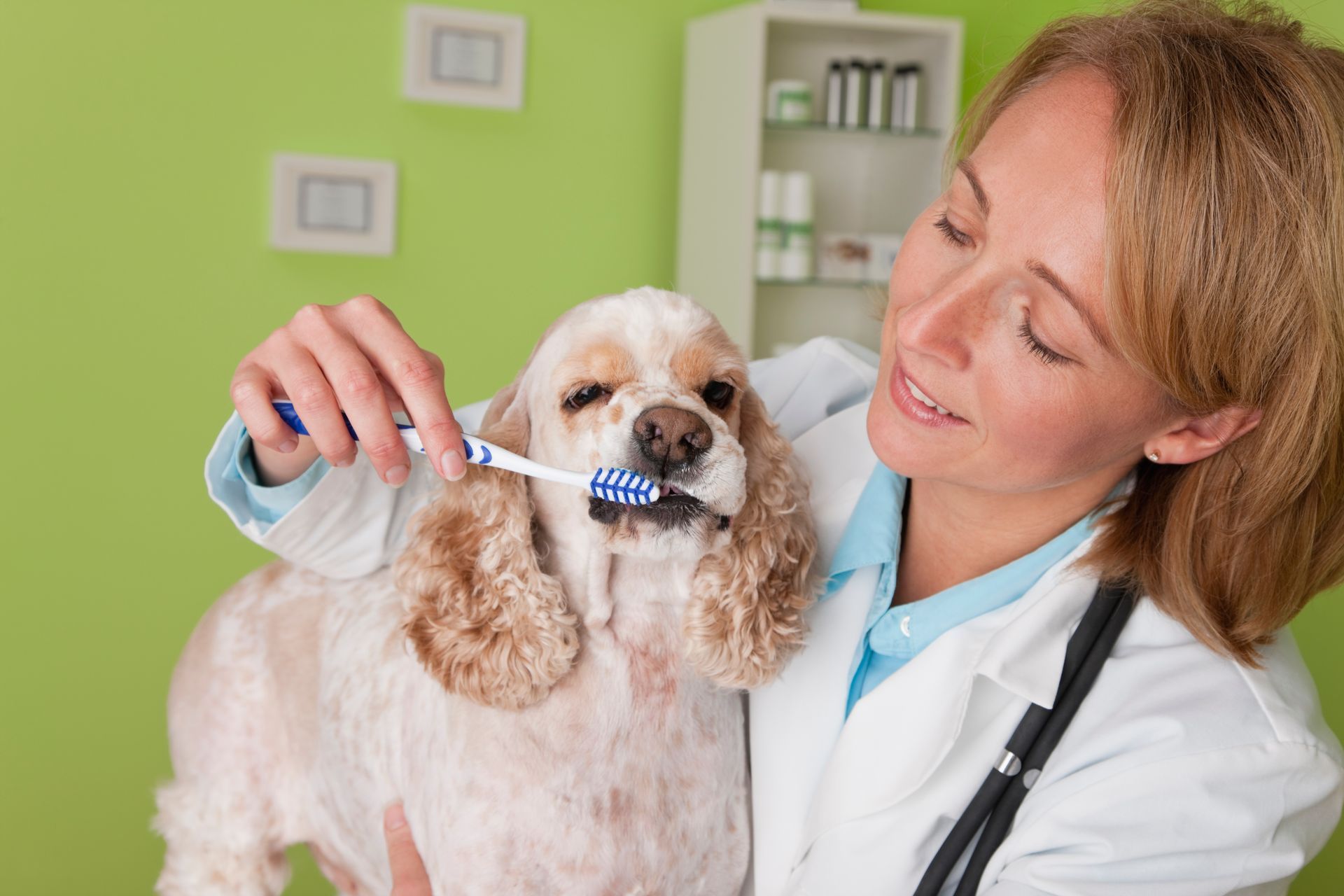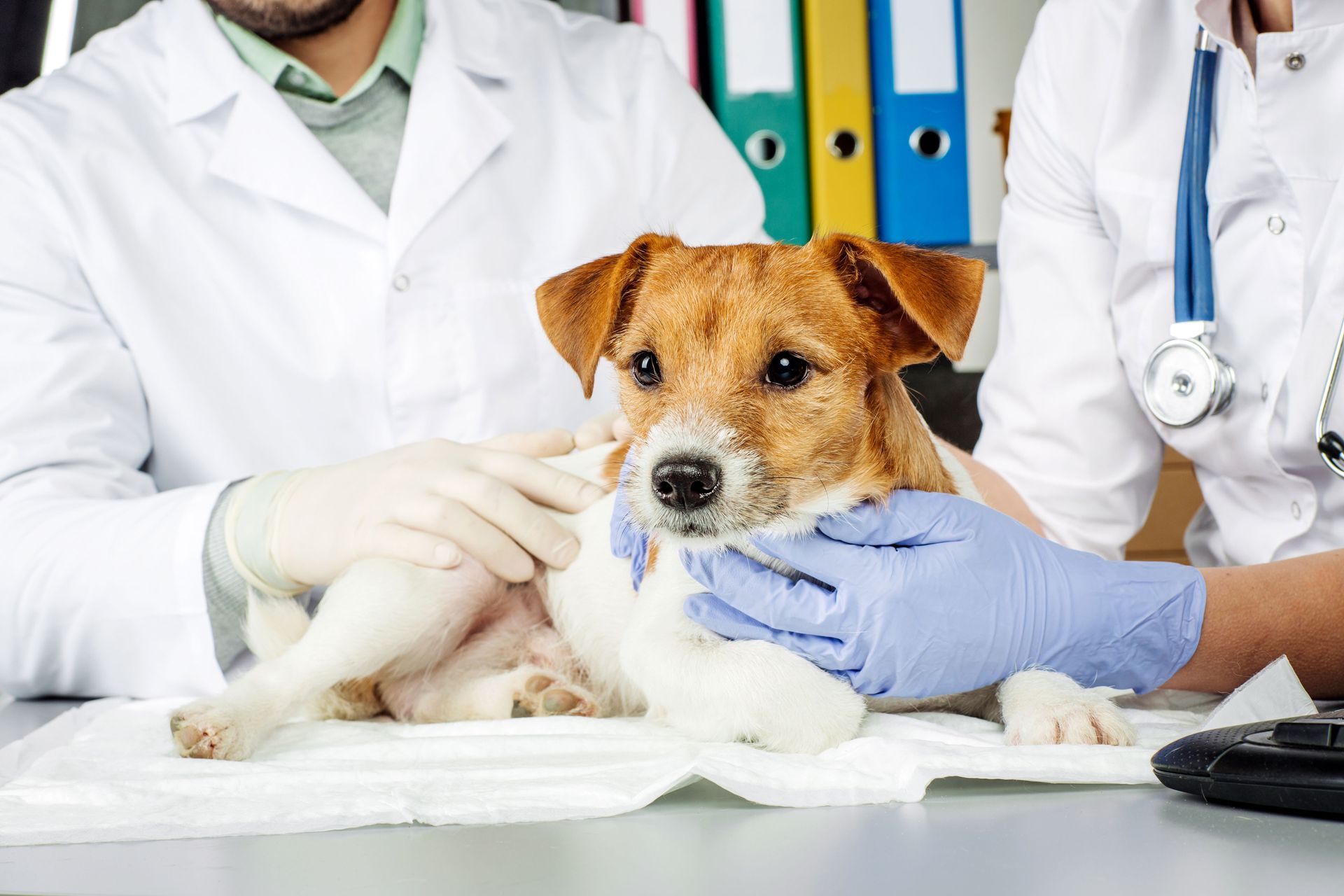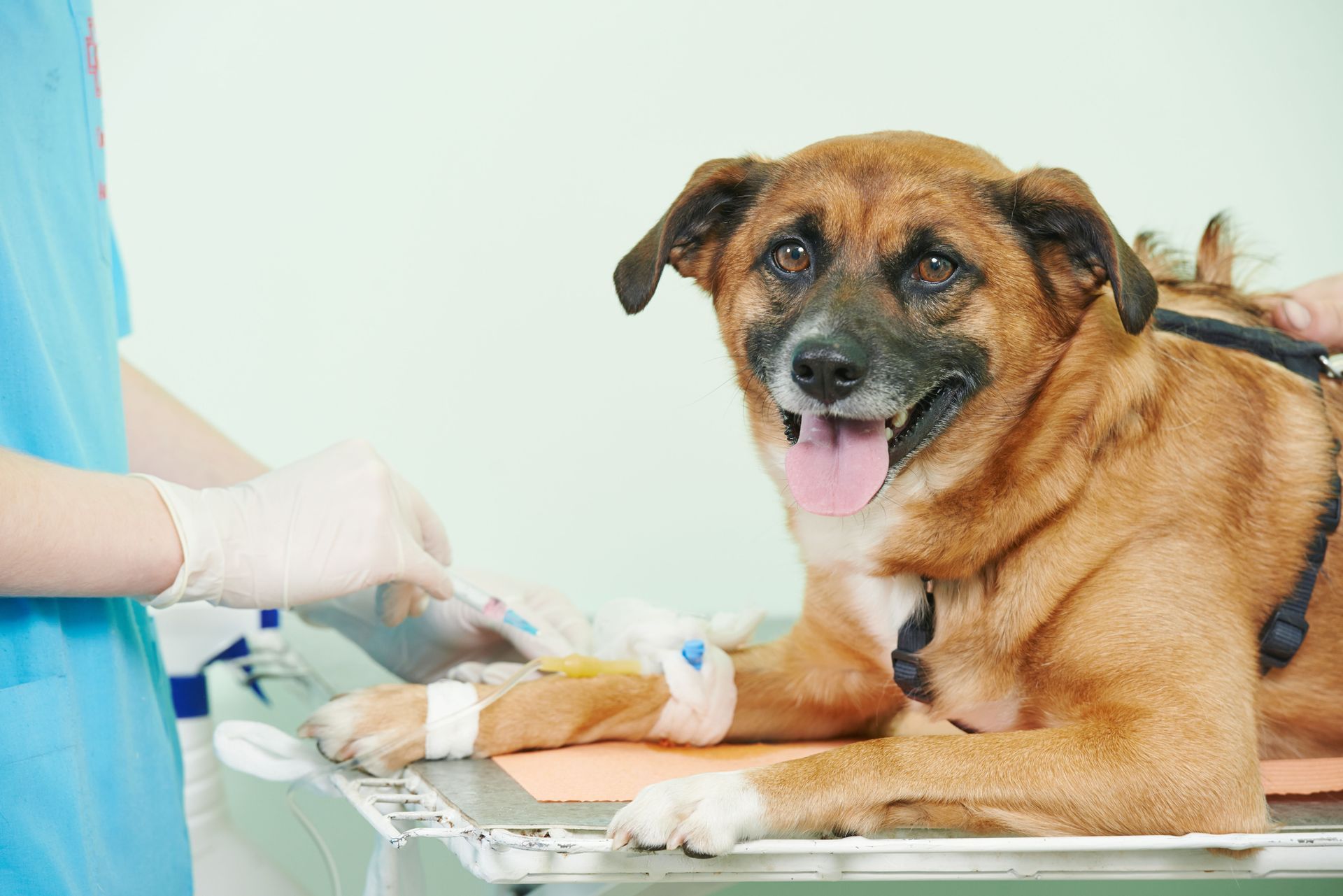How Do Veterinary Services Differ for Cats and Dogs?
When it comes to our beloved pets, cats and dogs each have unique needs that require tailored veterinary services. While both species share fundamental health requirements, there are notable differences in their medical care. Understanding these differences can help pet owners provide their animals with the best possible care, ensuring a long and healthy life for their furry friends. Let's delve into how veterinary services for cats and dogs differ and what factors contribute to these distinctions.
Diseases and Health Issues
One of the primary differences in veterinary care between cats and dogs is the prevalence of diseases and health issues. Dogs, for instance, are more prone to conditions such as arthritis, obesity, and ear infections, which can require frequent veterinary visits and treatments. As a result, essential dog expenses cost an average of $1,533 annually, according to Forbes. Cats, on the other hand, often face issues such as urinary tract infections, dental problems, and stress-related illnesses. While these conditions can also necessitate regular vet visits, the focus of care often differs from that of dogs due to these specific health concerns.
Vaccinations and Medication
Another difference lies in the approach to vaccinations and preventative medicine. Dogs typically need a wider range of vaccinations due to their active outdoor lifestyle and interaction with other animals. This includes vaccines for conditions like rabies, parvovirus, and distemper. Cats, particularly indoor ones, may require fewer vaccines, with core vaccines targeting feline diseases. This distinction in preventative care protocols highlights the tailored approach required for each species to maintain optimal health.
Behavior and Socialization
Behavioral considerations also play a significant role in determining veterinary services for cats and dogs. Dogs are generally more social creatures and may handle vet visits with less stress, especially if they are accustomed to regular check-ups. Cats, however, are often more sensitive to changes in their environment and can experience significant stress during vet visits. Veterinarians may employ different handling techniques and calming measures for cats, such as pheromone diffusers and quiet waiting areas, to ensure a less traumatic experience.
While both cats and dogs require dedicated care from veterinary services, the nature of that care varies significantly due to differences in disease susceptibility, vaccination needs, and behavioral traits. As responsible pet owners, being aware of these differences allows you to better address the unique health requirements of your pets, ensuring they receive the best possible care throughout their lives. By acknowledging their distinct needs, Taylor Animal Hospital of Parkville creates a more supportive and nurturing environment for your beloved companions. Give us a call today to get started with our excellent care!





Share On: